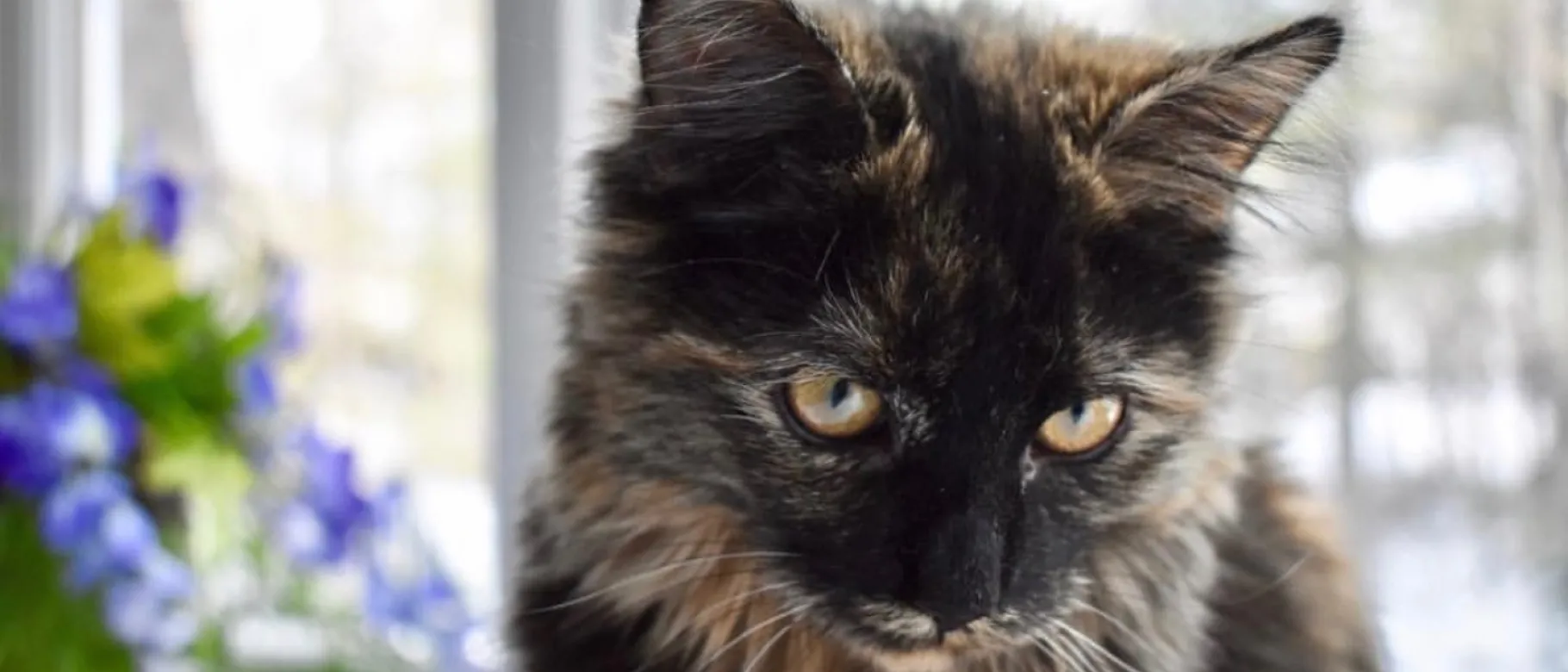Zach Olson co-authors article in wildlife publication on free-roaming cats

Zach Olson, Ph.D., assistant professor of animal behavior in the Department of Psychology, is co-author of an article, titled “Occupancy and Abundance of Free-roaming Cats in a Fragmented Agricultural Ecosystem,” that was recently published in Wildlife Research, an international publication of research and debate on the ecology, management and conservation of wild animals in natural and modified habitats.
According to Olson, free-roaming house cats are important to study because they are one of the leading killers of birds and small mammals. The potential for cats to impact native species in particular areas is high.
In their study, Olson and his co-authors set out to estimate cat occupancy and abundance within forested habitat in a fragmented agricultural region of Indiana.
Their study found the most important predictor of free-roaming cat presence in a given natural study site was the site’s proximity to human housing and not more natural measures of habitat quality.
The study concluded free-roaming cats do not exist self-sufficiently like a wild population or a wild species. Rather, they are likely being fed or housed by people. The study also concluded that problems in the ecosystem caused by cats are not likely to be solved using traditional tools of wildlife conservation. Instead, people need to change their behavior and keep their house cats inside.
